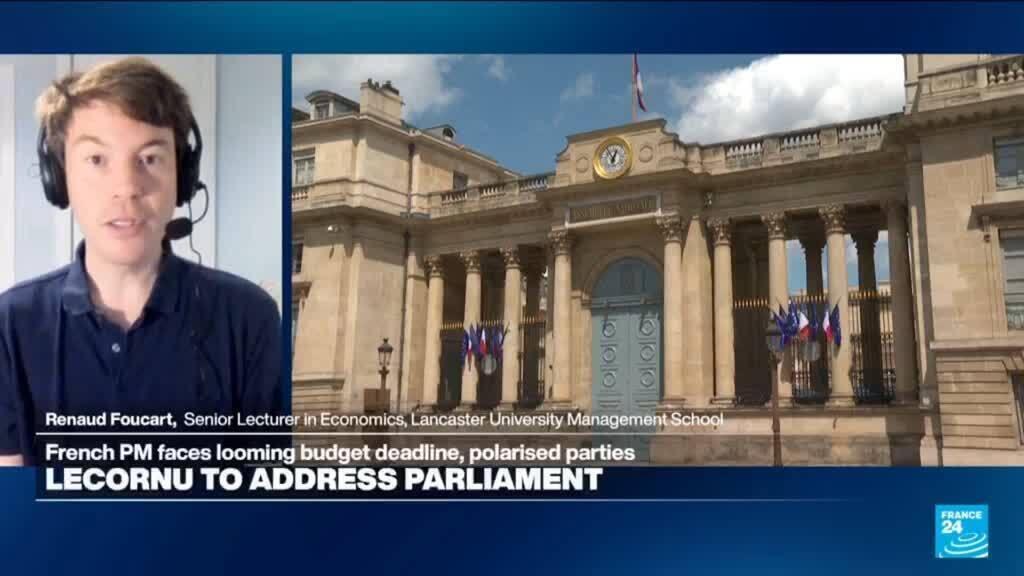Amid political and economic turbulence, few issues have illuminated the fault lines of French governance quite like the highly unpopular pension reform. And the clash goes far beyond policy, it inflamed an already angry and volatile electorate and parliament the moment Macron forced it through with article 49.3. So now why is a reform so central to Macron’s reformist agenda now regarded as the sacrificial lamb that just might be a saving grace to the autumn of his presidency? To answer that question, Eve Irvine is pleased to welcome Renaud Foucart, Economist and Senior Lecturer in the Department of Economics at Lancaster University Management School. What does its suspension signal, not only for France’s public finances, but for democracy, trust, and the moral contract binding the state and the citizen? Will France’s fiscal trajectory be cast into limbo: will debt burdens accelerate, will any future reform agendas lose credibility? Whoever governs in 2027 will inherit an escalating budget crisis without any political capital or room to manoeuvre. Mr. Foucart does caution though that postponing action today compounds risk tomorrow.
Trending
- India’s Varaha bags $20M to scale carbon removal from the Global South
- Epstein-linked longevity guru Peter Attia leaves David Protein, and his own startup ‘won’t comment’
- Tribunal upholds UK regulator’s decision to fine Banque Havilland
- Intel will start making GPUs, a market dominated by Nvidia
- Gradient’s heat pumps get new smarts to enable old building retrofits
- PayPal hires HP’s Enrique Lores as its new CEO
- Avalanche thinks the fusion power industry should think smaller
- China is leading the fight against hidden car door handles

